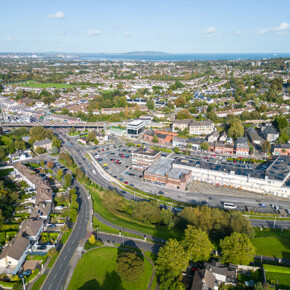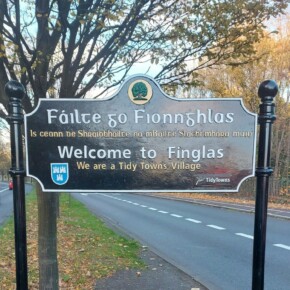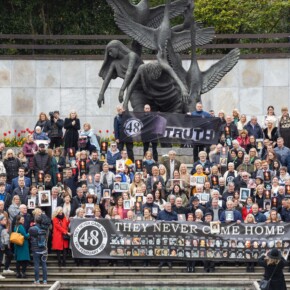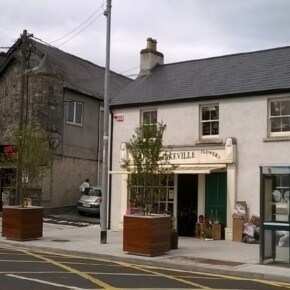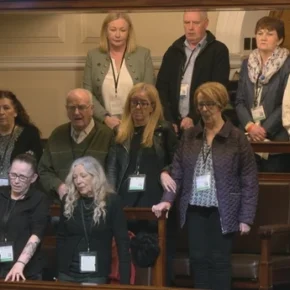Regulator tells DCC it cannot limit number of rental units
Gary Ibbotson 23 Feb 2022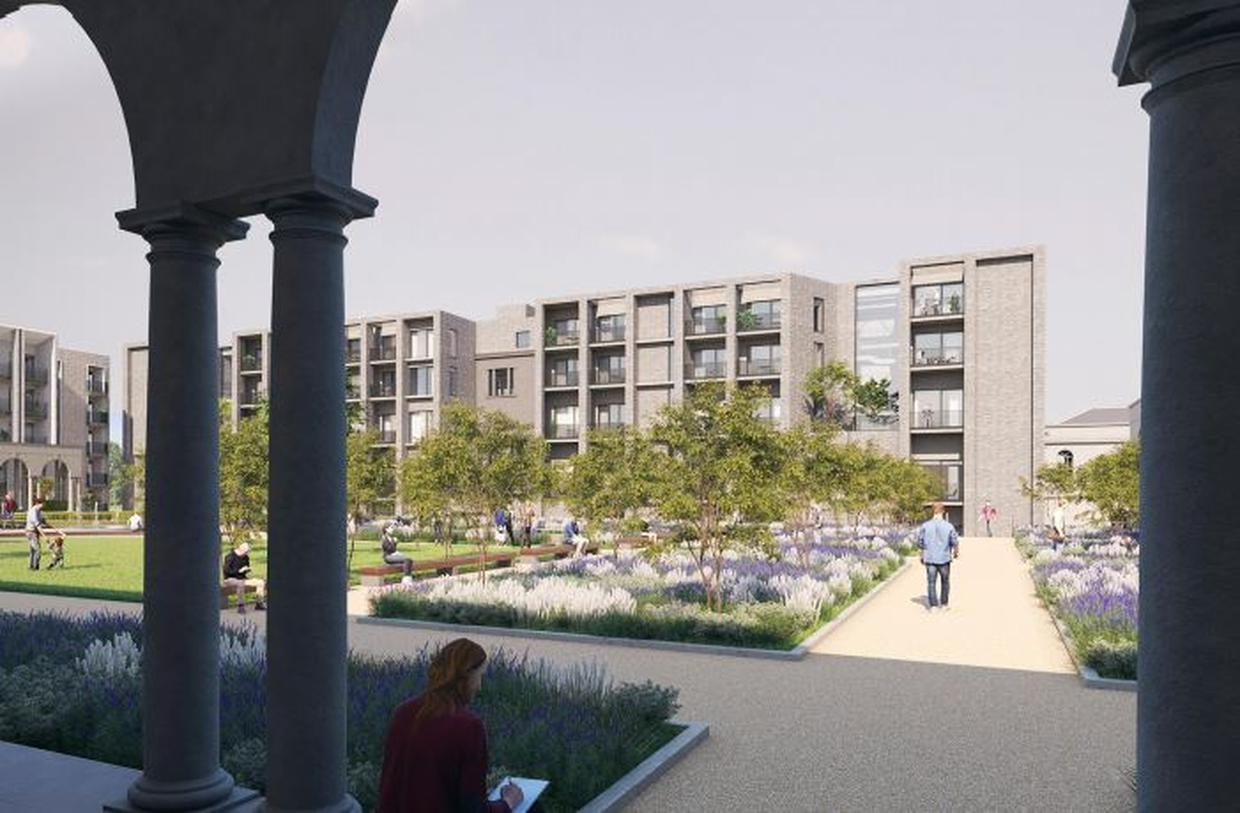
Dublin City Council has been forced to remove restrictions on built-to-rent (BTR) units in its upcoming development plan for the city.
In a draft edition of the plan, councillors had agreed that BTR developments must have a minimum of 40% of build-to-sell units in an effort to increase the supply of purchasable homes on the market.
However, the planning regulator says that ministerial guidelines on new apartments introduced in 2020 do not allow restrictions on dwelling mix in BTR schemes.
It has recommended the removal of the section outlining the council’s requirement that developments over 100 BTR units, must consist of 40% build-to-sell homes.
Councillors say they are concerned that large scale BTR developments which consist largely of one and two bedroom units were not encouraging the growth of sustainable communities.
The council voiced concerns about specific large-scale schemes such as the Holy Cross SHD in Drumcondra which has received planning permission from An Bord Pleanala.
The €602m, 1,592 build-to-rent apartment complex on the grounds of Clonliffe College is being progressed by Hines and has been the subject of controversy since news of the project came to light.
Dublin City Council chief executive Owen Keegan wrote to An Bord Pleanala in September, recommending that the development be turned down.
Keegan criticised various facets of the project, including the build-to-rent aspect, the number of studio apartments proposed and the lack of sunlight that the complex will receive.
In his letter, Keegan said that it is “critical” a development of this size “should not be purely for rental, given the desire and need for local residents and potentially people from outside the area to purchase their own home.
Of the 1,614 units proposed, over 70% are either studio apartments or one-beds, which the chief executive said was “alarming.”
The planning regulator has also told councillors that they do not have the power to specify social and affordable housing when zoning land.
Councillors wanted to introduce a new “Z16 designation” for the rezoning of industrial sites which would involve mixed uses such as 10% private residential homes and 40% social and affordable.
However, the regulator said that this provision should be deleted as social and affordable housing is not a land use as defined under the Planning and Development Act.
It says that extra social and affordable housing can be allowed under Part V of the act.
In its submission the planning regulator said it is broadly supportive of the Dublin City Council draft development plan for 2022 to 2028 and its aim to provide 40,000 new residential units.



